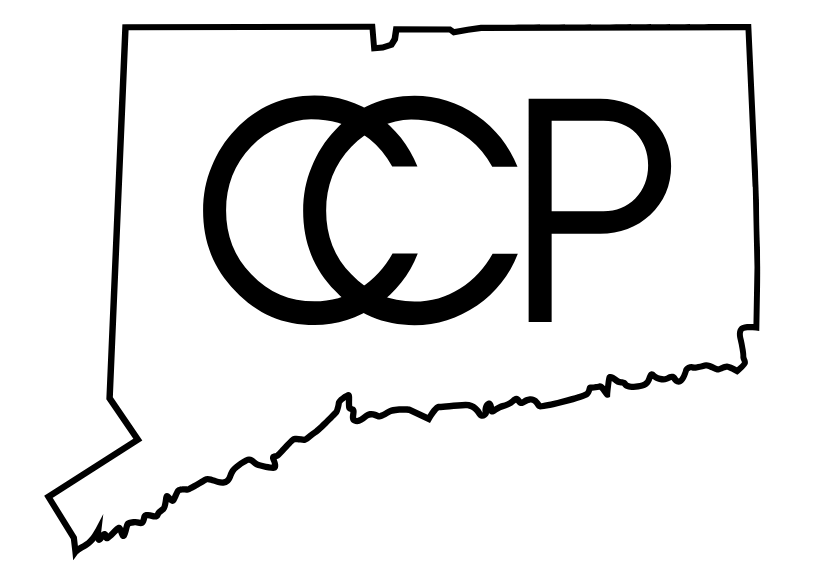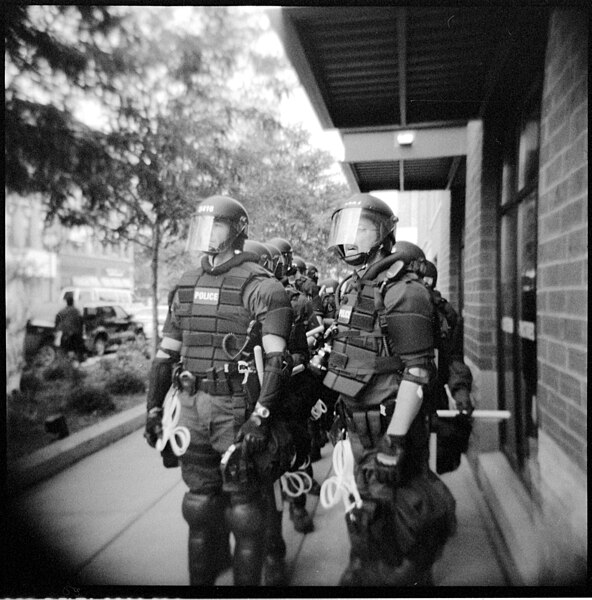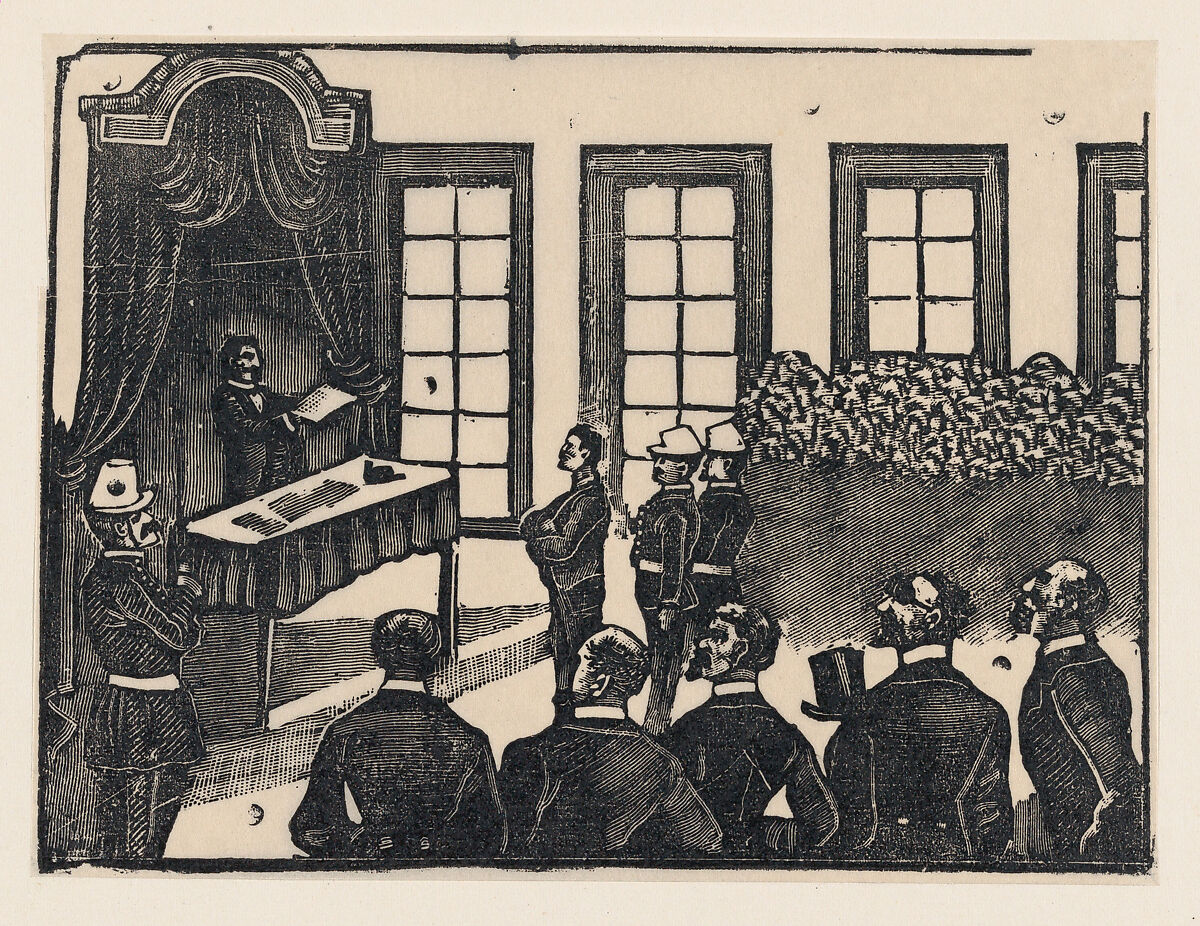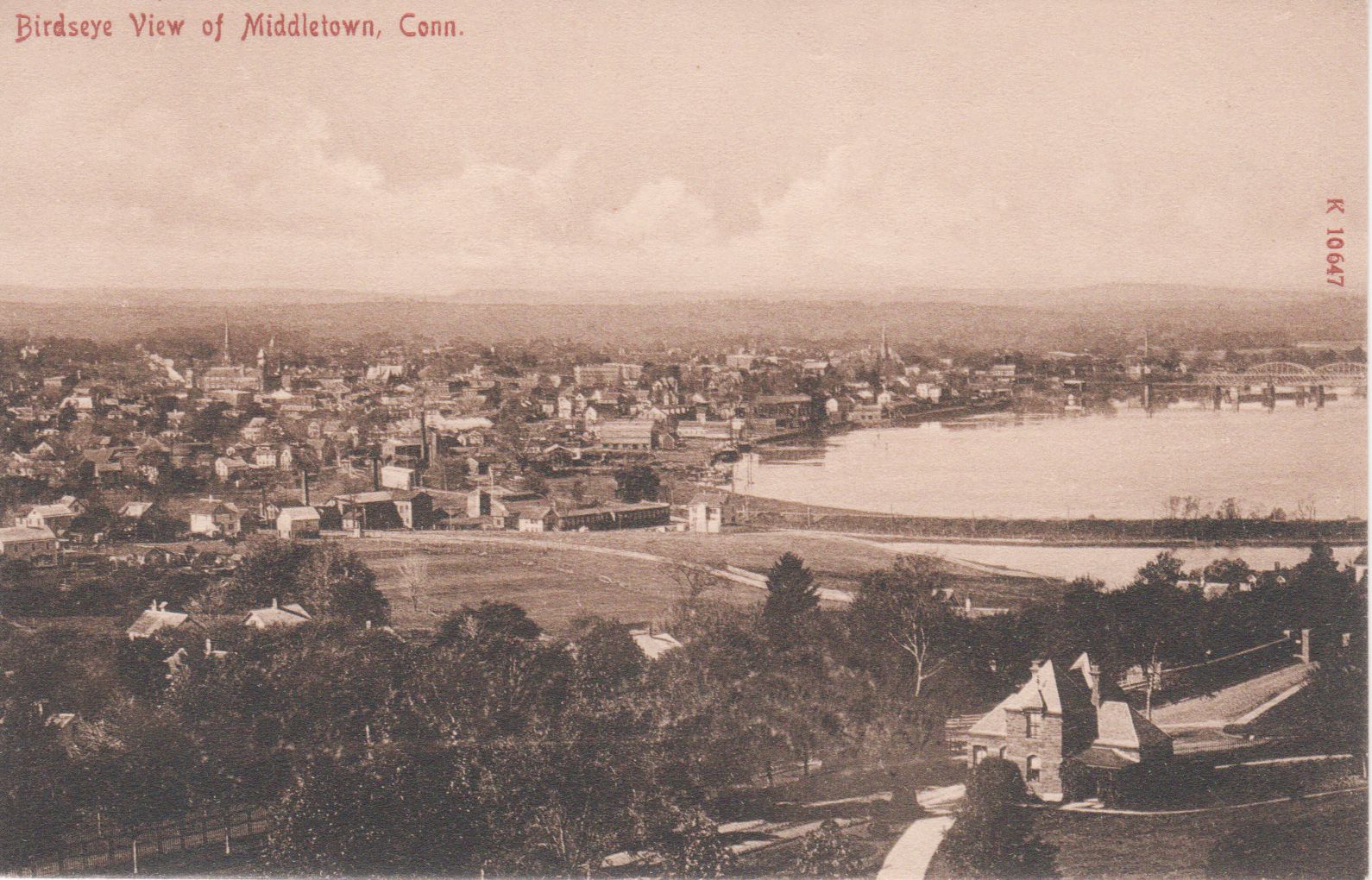Policing in the United States
This course examines the history of policing in the United States, beginning with its 19th-century origins, modeled after the practices in England, and continuing to the contemporary moment. We shall investigate the theory and practice of policing in a number of domains and from different perspectives. These include examining the origins of the surveillance state and the creation of the FBI, the militarization of police forces, the role and experiences of Black police officers, and the complex relation of policing to social movements and issues of racial justice. The class concludes with a discussion of the Federal Government’s response, in the form of commissions to the systemic issues surrounding policing. (Photo copyright: Philipp Baer)






